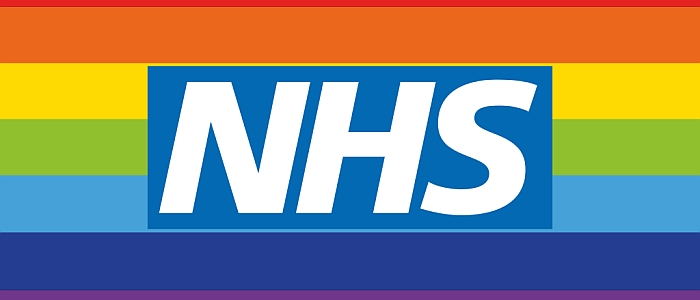
Support the Academy of Ideas
There has never been a more important time in recent years to discuss world events and the future of society. So during the pandemic crisis, all of the AoI’s events have been online and free of charge. We’ve been busier than ever and none of our staff have been laid off or furloughed. Please support us in our mission to promote public debate by giving a donation here.
Introduction
The Covid-19 pandemic has put an unusual strain on health systems around the world. In the UK, one of the principal justifications for the lockdown was to ‘Protect the NHS’ – it was even central to the three-point mantra repeated by ministers throughout. After the scenes in Italy of patients in makeshift accommodation and with health services overwhelmed, the UK governments decided that avoiding a repeat in the UK was the top priority.
Over the following weeks, the NHS was clearly under great strain, but appears to have coped better than many expected. There is no doubt that heroic efforts were made by staff and even Boris Johnson credits the NHS with saving his life. Meanwhile, the ‘Clap for Carers’ became a weekly ritual to thank health and care workers for their efforts. There is no doubt that the NHS, with its promise of universal healthcare regardless of a patient’s ability to pay, is widely held in high regard in the UK.
But even NHS supporters have noted that there have been serious problems, despite claims by senior figures that the NHS was well-prepared for a pandemic. Indeed, an attempt to ‘war game’ a pandemic in 2016, Exercise Cygnus, found multiple shortcomings.
In the crisis itself, staff frequently complained about a lack of protective equipment. When it was thought that ventilators would be vital to treating patients, it was clear that the NHS could be woefully short of machines, commandeering them from veterinary practices and even the set of Casualty. Many argue that staffing levels have long been dangerously low, and that a decades-long obsession with targets and administration left the NHS badly organised and managed. Indeed, many reported that overly-bureaucratic processes were abandoned and clinical staff in some cases took over from managers to allow the hospitals to respond better.
Moreover, the government’s focus on ‘protecting the NHS’ may have actually come at the expense of patients. Older people were moved to care homes without being tested for Covid-19, possibly fuelling an epidemic there, or asked to sign agreements to say that no attempt should be made to resuscitate them if they became very unwell. Later on, as hospital admissions fell, other urgent forms of treatment continued to be delayed. It is thought lives were lost as people delayed seeking treatment for serious conditions, taking the desire to protect the NHS too close to heart.
What can we learn from how the NHS is dealing with the crisis? Should we continue with a model of healthcare that is both publicly funded and (mostly) publicly provided? Could we learn from other countries’ systems that have coped better? Are the problems the NHS has faced a result of politicians not backing up supportive words with adequate funding? Or has the NHS’s place as our ‘national religion’ prevented an honest debate about its future?



